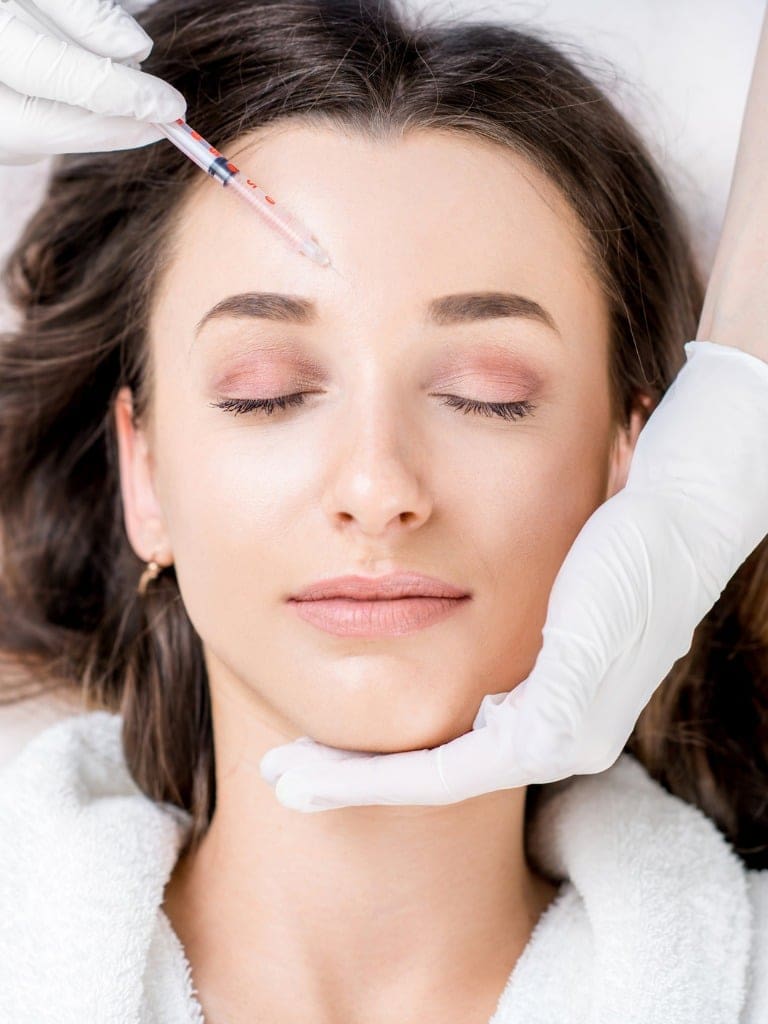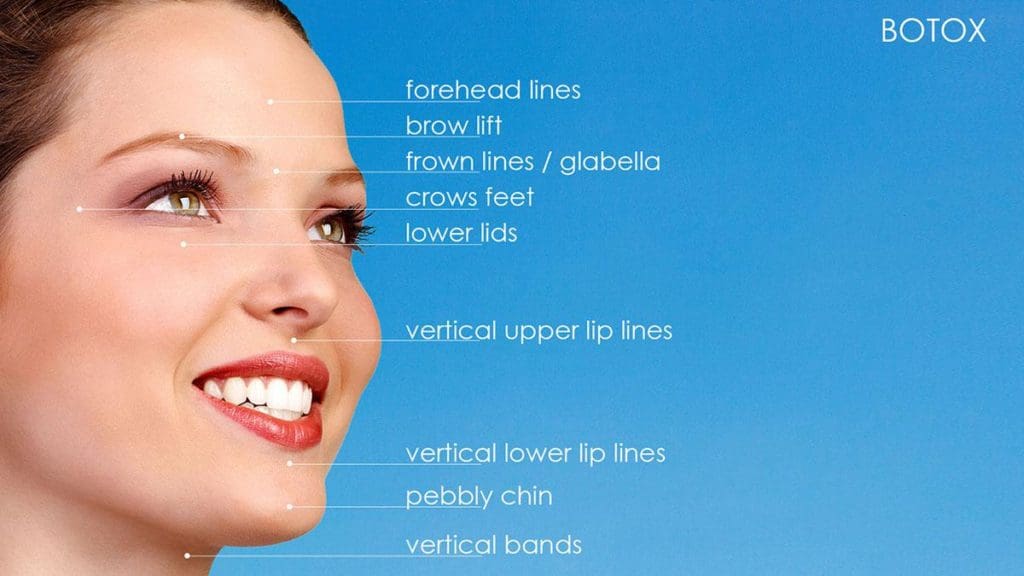Hormone Imbalance In Women


Overview of Hormone Imbalance In Women
Hormone imbalance refers to when a woman has too much or too little of a certain hormone in her body. Hormones are chemicals made by glands in the endocrine system that help regulate many essential functions in the body. An imbalance in these hormones can result in distressing symptoms and various health complications.
Some common signs of hormone imbalance in women include irregular periods, hot flashes, night sweats, sleep problems, acne, weight gain, anxiety, fatigue, low libido, and mood changes. If left untreated, hormone imbalances can increase the risk for serious medical conditions like infertility, osteoporosis, heart disease, and diabetes.
Balancing hormones often requires a multi-faceted approach involving lifestyle changes as well as medical treatments. At Green Relief Health, Dr. Lauren Nawrocki customizes non-invasive plans to help patients regain hormonal balance from the inside out.
Why Hormone Imbalance Occurs
Many factors can disrupt a woman’s normal hormone function, including aging, toxins, inflammation, stress, diet, medications, infections, genetics, and environmental estrogens.
As the ovaries age and hormone production declines, periods become irregular, and uncomfortable symptoms often emerge.
Perimenopause typically begins in a woman in her 40s as progesterone levels fall, while menopause marks 12 months without a period typically around age 51 on average. Getting to the root causes with proper testing is key.
Signs of Hormone Imbalance
Some signs a woman may have a treatable hormone imbalance include:
- Irregular, heavy, or painful periods
- Hot flashes and night sweats
- Vaginal dryness
- Low libido, pain during sex
- Fatigue, low energy
- Anxiety or depression
- Insomnia, sleep disruptions
- Weight gain and fluid retention
- Hair loss, thinning hair
Reasons For Seeking Treatment For Hormone Imbalances
There are many reasons why women seek treatment for hormone imbalances. The most common reasons include:
- Annoying symptoms that interfere with quality of life – Symptoms like hot flashes, night sweats, fatigue, and low libido can greatly impact daily comfort and activities. Treating the root hormonal imbalance can help alleviate symptoms.
- Desire to get pregnant or stay pregnant – Hormone imbalances can negatively impact fertility, making it difficult to conceive or sustain a pregnancy. Balancing key hormones is essential.
- Concerns about long-term health risks – Left untreated, hormone issues raise the risk for medical problems like heart disease, osteoporosis, diabetes, and cancer. It’s important to address imbalances early on.
- Appearance concerns – Fluctuating estrogen levels during perimenopause and menopause often cause undesirable aesthetic changes like wrinkles, sagging skin, and weight gain. Patients often wish to slow down and soften these effects.
How Hormone Imbalance Treatments Work ?
Hormone replacement therapy or Hormone Optimization therapy supplies the hormones that the body lacks, thereby restoring a harmonious balance, revitalizing energy, and achieving a heightened sense of well-being. This is achieved through:
- Saliva and blood testing to uncover deficiencies
- Bioidentical hormones matched to fit each woman’s needs
- Nutritional IV therapies to replenish nutrients
- Diet and lifestyle adjustments
- Stress relieving therapies
With regular follow-up testing, dosages can be tailored over time as needs change during the aging process. Most women report greatly reduced discomforts and improved quality of life on their personalized programs.
Common Hormones That Become Imbalanced
Here are some of the key hormones that commonly become imbalanced in women:
- Estrogen: Too much or too little estrogen can cause irregular periods, infertility, weight gain, and mood changes. Perimenopause and menopause cause estrogen levels to decline.
- Progesterone: Low progesterone is linked to infertility, irregular periods, fatigue, and anxiety. It naturally declines with age.
- Testosterone: Testosterone imbalances lead to low libido, muscle loss, weight gain, and fatigue. Testosterone starts decreasing in the 30s.
- Thyroid: Both high (hyperthyroidism) and low (hypothyroidism) thyroid hormones cause weight gain or loss, fatigue, hair loss, and digestive issues.
- Insulin: Elevated insulin (common with PCOS) leads to inflammation, weight gain, fatigue, and infertility.
- Cortisol: High cortisol from chronic stress disrupts estrogen, progesterone, thyroid, and testosterone production.
Safety and Side Effects
For most healthy women, hormone therapy is safe when managed by an experienced provider. However, risks increase in those with a history of cancer fueled by hormones. Potential side effects depend on the type and dosage of hormones prescribed.
Symptoms like headaches, breast tenderness, and nausea often resolve by adjusting intake. Bloodwork helps ensure optimal levels are maintained long-term without overstimulation. Progesterone can counterbalance estrogen’s proliferative effects on the uterus.
To further mitigate risks, Dr. Nawrocki conducts comprehensive lab testing to tailor treatments to each patient’s unique needs. Patients receive continuous monitoring for the entire duration of their care.
Preparing For Treatment
Before beginning hormone therapy, your doctor will order blood tests to evaluate your hormone levels. This helps determine if you are a candidate and allows your doctor to develop an individualized treatment plan.
It’s also important to discuss your medical history, goals for treatment, and lifestyle to inform dosing and method of administration. Setting clear expectations about possible side effects and a timeline for results is key.
During The Treatment
You will work closely with your provider to find the optimal hormone dosage through ongoing lab tests and monitoring symptoms. Most patients begin to notice subtle improvements in energy, sleep, and sexual function within 1-2 months. Patience is needed as it often takes 3-6 months for full benefits in reduced symptoms. Tracking symptoms and communicating regularly with your provider helps facilitate adjustments
After the Treatment
Once hormone levels are balanced and symptoms improved, many patients switch to a maintenance dosage. It’s important to taper dosages gradually rather than stopping cold turkey.
It is also important to have follow-up lab tests and provider visits every 4-6 months to examine hormone levels. Most patients report sustained benefits in physical, mental, and emotional well-being long-term through an individualized hormone regimen.
Longevity of Results
The longevity of benefits varies per individual, but most maintain positive effects years to come through an optimized maintenance plan.
Consistency with follow-up care, repeat testing, adherence to dosage, healthy lifestyle habits, and open communication with your provider are key factors for sustained balance and vitality. Patients under proper clinical supervision can use hormone therapy safely and effectively for many years.
Important Safety Information
Hormone replacement therapy carries a small risk of side effects like fluid retention, hair loss, and headaches. These risks can be further reduced through proper dosing, delivery methods, and supervision by an experienced, licensed provider. Report any unusual or concerning symptoms promptly rather than discontinuing treatment alone.
With close medical care and follow-up, most patients utilize hormone optimization therapy with good safety and excellent patient satisfaction.
Important Safety Information
Hormone replacement therapy carries a small risk of side effects like fluid retention, hair loss, and headaches. These risks can be further reduced through proper dosing, delivery methods, and supervision by an experienced, licensed provider. Report any unusual or concerning symptoms promptly rather than discontinuing treatment alone.
With close medical care and follow-up, most patients utilize hormone optimization therapy with good safety and excellent patient satisfaction.
Costs Vary Based on Customized Treatment Plans
Because hormone therapy programs are personalized based on medical history and lab testing, costs vary. An initial new patient consultation can help determine what testing and therapies are best suited to one’s needs and budget.
Out-of-pocket fees can range from $100 to several hundred per month, depending on the types of bioidentical hormones prescribed and the mode of administration preferred by each woman. Financing plans may be available.
Hormone Balance Experts At Green Relief Health
At Green Relief Health, Dr. Lauren Nawrocki specializes in treating complex hormone imbalances using an integrative approach that addresses the root causes of imbalance, not just the symptoms.
With advanced training in hormone replacement therapy and regenerative medicine, Dr. Nawrocki develops treatment plans tailored to help women balance their hormones for relief from debilitating symptoms.
Whether hormone issues are causing infertility, menopause struggles, fat gain, or low energy, the acclaimed practitioners at Green Relief Health create fully customized plans aimed at restoring balance from the inside out.
Schedule a consultation today to learn if hormone-balancing treatments can help you thrive in all areas of life again soon.
Choosing A Provider
It’s important women choose an experienced provider certified in hormone therapy when receiving treatments for imbalance.
We recommend selecting providers like Dr. Nawrocki, who emphasizes:
- Comprehensive lab testing over estimates
- Fully individualized treatment plans
- Both medical and lifestyle components
- Coordinated care between practitioners
- Patience: It can take 3-6 months to resolve moderate-severe imbalances
- Ongoing follow-up and plan adjustments
- Long-term maintenance strategies
Wrapping Up
In summary, hormone imbalances affect over 50 million women, leading to undesirable symptoms and health risks if left untreated. Restoring balance involves testing key hormone levels and then using therapies like pellet inserts, IV nutrients, and weight loss methods to naturally optimize hormones.
Under a doctor’s care, these treatments are extremely safe and effective. At Green Relief Health, Dr. Lauren Nawrocki uses an integrative approach to ensure each woman’s customized treatment plan targets the root hormonal pathways leading to imbalance, not just the superficial symptoms occurring downstream.



